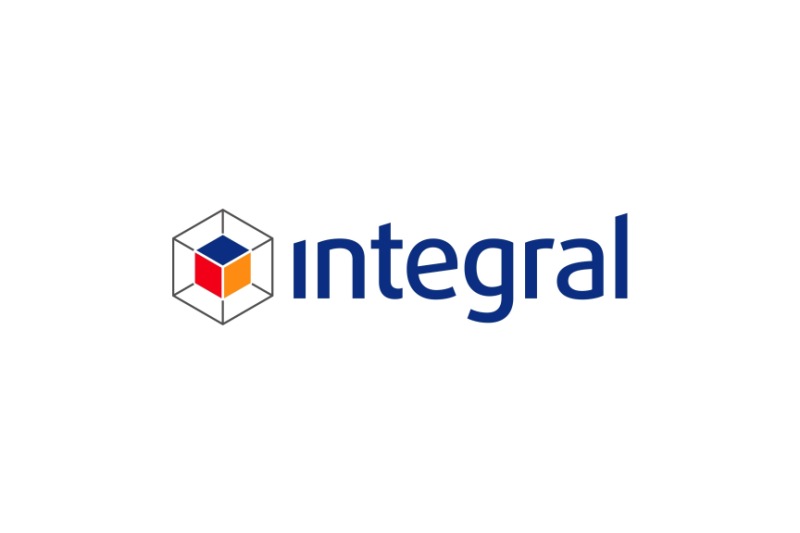
According to court documents, Integral Development Corp, and their ex-CTO, Viral Tolat, who joined rival EBS in 2013, have reached a financial settlement in part of their ongoing case. The court case is based on claims by Integral that included that Tolat was in violation of breach of contract, trade secret misappropriation, and California securities law. In connection to the case, Tolat issued counter claims against Integral.
At the heart of the accusations was whether and how Tolat used the source code at EBS. While Integral and EBS, known for its interbank FX ECN, may have in the past been considered to have little overlap in their businesses, this has recently changed with the creation of EBS Direct. Launched live in November of last year, EBS Direct provides relationship-based FX liquidity aggregation, and competes against other providers of such technology, including FXall, Integral and Currenex.
In two rulings that took place in October 2013 and February of this year, California courts judged in favor of Tolat, dismissing all eleven claims against him by Integral, and in favor of his counterclaims. Following the rulings, the judgment was appealed by Integral, and in May the two sides came together to commence a settlement agreement. Last week, California courts announced that the two sides had executed their settlement. As per court documents, following the settlement, two claims by Integral against Tolat, that of violations of Federal and California Securities Law have been dismissed, along with Tolat’s counterclaims. While settlement details were not provided in the court documents, FortuneZ has learned that Tolat agreed to a reduced payment by Integral for the value of his shares he owned in the firm. According to sources, Integral views the reduced value of Tolat’s ownership as substantiating their initial claims against Tolat for securities fraud.
Following the settlement, still being appealed by Integral are the court’s earlier rulings in favor of Tolat of nine other claims. The claims include misappropriation of trade secrets, breach of contract, copyright infringement and violation of computer fraud.

